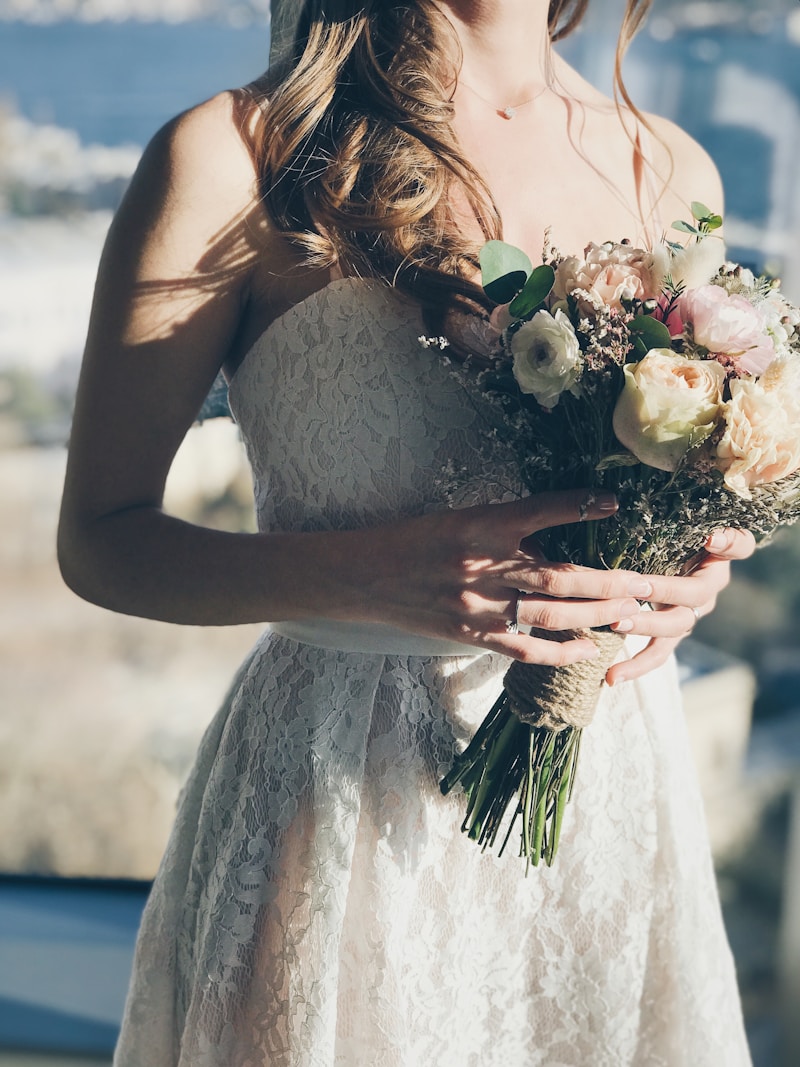Cultural Traditions in Weddings: A Global Perspective
Weddings are not just a union of two people; they are a rich tapestry of cultural traditions that reflect the values and history of societies around the world. Each culture has its distinct practices that symbolize love, commitment, and family. In this article, we will explore various cultural traditions in weddings, showcasing the beauty and significance of these rituals.
Understanding the Importance of Cultural Traditions in Weddings
Cultural traditions in weddings vary widely across regions and communities, with each tradition embodying deep meanings and beliefs. For instance, some traditions may focus on religious aspects, while others emphasize family ties and social status. The way couples celebrate their wedding day often reflects their cultural upbringing and the significance of family heritage.
Table of Common Wedding Traditions Around the World
| Country | Tradition | Significance |
| India | Hand-tying ceremony (Saptapadi) | This symbolizes the couple's commitment to taking seven steps together, representing seven vows they make to each other. |
| Mexico | La Hora Loca | This involves a lively celebration after the ceremony, bringing guests together for fun and dance. |
| Japan | San-san-kudo | The couple drinks sake three times from three different cups, symbolizing their union and respect for family. |
| Jewish | Breaking the glass | This tradition signifies the fragility of relationships and the importance of cherishing love. |
| Greece | Crowning ceremony | This includes the placing of crowns (stefana) on the couple’s heads, symbolizing their new roles as a king and queen of their household. |
A Closer Look at Wedding Traditions
Different cultures have developed unique rituals that play an essential role in wedding ceremonies. Let's take a closer look at a few traditions.
Indian Weddings: Spectacle of Color and Ritual
Indian weddings are famed for their vibrancy and elaborate ceremonies that can last several days. One of the most significant traditions is the Saptapadi, where the couple takes seven steps together while making promises to each other. The event is often a grand affair, filled with music, dance, and traditional attire, showcasing the importance of family and community in the couple’s new journey.
Mexican Weddings: A Blend of Celebration and Culture
La Hora Loca, or "The Crazy Hour," is a popular segment in Mexican wedding receptions, characterized by festive music and lively dance. This tradition is designed to embrace joy and make the wedding celebration even more memorable. The bride and groom often wear elaborate costumes, and confetti and balloons can fill the air, making the environment vibrant and festive.
Japanese Weddings: Symbolism and Serenity
In traditional Japanese weddings, the San-san-kudo ritual is performed, where the couple drinks from three different sake cups. This act represents their bonding and respect for their families. Alongside the drinking ritual, Japanese weddings are known for their serene atmosphere, often held in shrines with formal attire, reflecting the deep-rooted customs of the culture.
Jewish Weddings: Deeply Rooted in Tradition
Jewish weddings contain various meaningful traditions, one being the breaking of the glass. This act serves as a reminder of the fragility of relationships and the imperfection inherent in love. The wedding ceremony itself is often held under a chuppah, symbolizing the home that the couple will build together.
Greek Weddings: Royal Symbols of Love
Greek wedding ceremonies often feature a crowning ceremony, where the couple wears stefana (crowns) linked with a ribbon. This symbolizes their roles as the king and queen of their new family. The ceremony is filled with traditional music and dances that involve friends and family, highlighting the communal aspect of a wedding celebration.
Common Questions About Cultural Traditions in Weddings
As we explore cultural traditions in weddings, several common questions often arise. Here are some of them:
What are some modern trends in wedding traditions?
Modern weddings often blend traditional and contemporary elements, such as personalized vows, unique venues, and themed celebrations. Couples might choose to incorporate elements from both cultures if they come from different backgrounds.
How can you incorporate cultural traditions in a wedding?
Couples can honor their cultural heritage by including specific rituals, attire, and cuisines in their wedding. Collaborating with family members can help ensure that traditions are accurately represented.
Why are wedding traditions essential?
Wedding traditions provide a sense of identity and continuity, connecting couples to their heritage and family history. They also reinforce bonds with family and friends, fostering a sense of community during a significant life event.
How do wedding traditions differ in various cultures?
Wedding traditions may vary significantly in terms of rituals, attire, customs, and constraints set by religious beliefs. For example, some cultures emphasize community gatherings, while others focus on intimate ceremonies.
What is the significance of food in wedding traditions?
Food often plays a crucial role in wedding celebrations, symbolizing hospitality, abundance, and the sharing of joy. Different cultures incorporate traditional dishes that showcase their culinary history and heritage.
Conclusion: The Beauty of Cultural Traditions in Weddings
Weddings are a remarkable celebration of love, unity, and cultural identity. The diverse traditions practiced around the world enrich our understanding of relationships and the importance of community. Whether through vibrant ceremonies, meaningful rituals, or delectable cuisine, cultural traditions in weddings remind us of the beauty of love and the profound connections we share with those around us.
As you plan your wedding or attend one, consider participating in cultural traditions that resonate with you and your family. Whether you choose to honor heritage or embrace unique customs, remember that what truly matters is the love and commitment shared between partners. Enjoy the beauty and diversity of weddings, and cherish the moments spent with loved ones.
